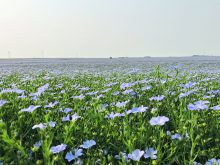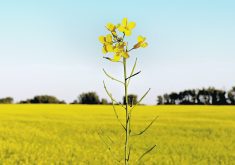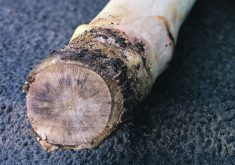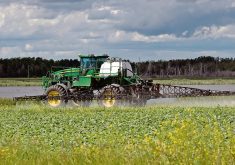Researchers have discovered certain canola varieties have more tolerance for cold soils, but they don’t know why
In most of Europe, farmers plant rapeseed in the fall because it usually out-yields rapeseed that’s planted in the spring.
That isn’t an option for western Canadian farmers.
Winter canola cannot withstand the frigid winters and chilly springs on the Prairies.
Still, it would be helpful if spring-seeded canola grew more rapidly, to take advantage of soil moisture and get a head start on crop pests.
That’s why an Agriculture Canada scientist is studying canola seeds and seedlings — to learn about cold tolerance in canola.
Read Also
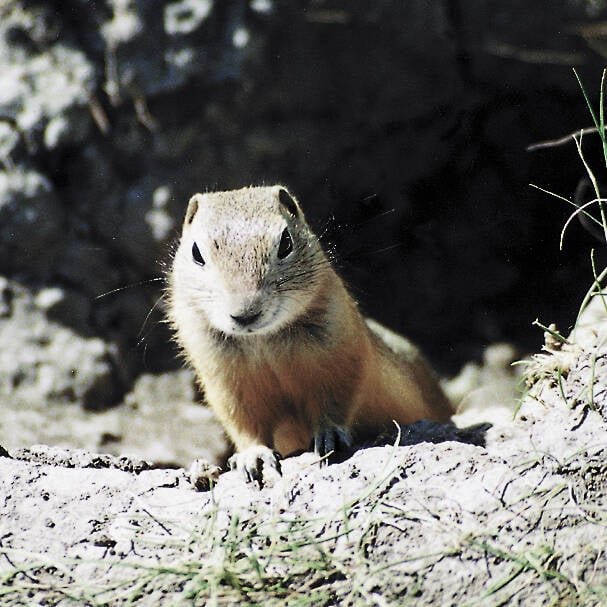
Sask. ag group wants strychnine back
The Agricultural Producers Association of Saskatchewan has written to the federal government asking for emergency use of strychnine to control gophers
“If seed germination, and particularly seedling establishment could be improved in cool spring conditions, it might be possible to beat the heat and increase yield. Faster growing seedlings could also suffer less flea beetle damage too,” said Mark Smith, an Ag Canada research scientist in Saskatoon.
Smith has been working on cold tolerance in canola since 2019, when the Saskatchewan Agricultural Development Fund and SaskCanola provided $244,000 in funding.
“The goal is to apply a targeted approach to identify new traits to confer improved low temperature tolerance in seedling canola,” the funding announcement said.
In many years, farmers in parts of the Prairies seed canola in April or early May, but the seed struggles to germinate or the seedling grows extremely slowly because of cool soil temperatures.
The delay allows flea beetles to feast on the canola seedlings and increases the likelihood of heat blast damage when canola plants are in bloom.
This research is fundamental science, as Smith is trying to understand what’s going on within the plant when soil temperatures are cool or cold.
Smith and his colleagues have conducted tests in a greenhouse, where canola seeds are planted in pleasant soil temperatures like 18 C and others are seeded where it’s closer to 6 C.
They’ve discovered that certain canola varieties have more tolerance for cold soils, but they don’t know why.
“Right now, we’re not looking at too many hybrids. We’re looking at some of the open-pollinated varieties,” he said. “(But) there are clear differences in the way they grow…. If we can find out what factors give it that edge in germinating, and (if) we know the genetics behind it, that might be something that could be transferable to a breeding program.”
That, however, is a long way off.
Smith still needs to identify the processes that help seedlings to grow, despite cool conditions.
The answer might lie in other plants.
“Some things do germinate really well at low temperature. Like camelina,” Smith said.
“Even a fava bean. In my garden, it’s the first thing that comes up…. I’m interested to know what’s different about those, that gives them the advantage.”
Nailing down those answers and using that to design a more resilient canola plant, is a complex problem.
But the challenge is worth the effort.
A cold-tolerant trait might allow canola to overcome two of the biggest yield robbers — flea beetles and heat blast.
COVID-19 delayed Smith’s project, but he plans to finish the report on his initial work this fall.
Smith hopes to continue with cold-tolerant canola, however he hasn’t secured funding for the next phase of the research.







